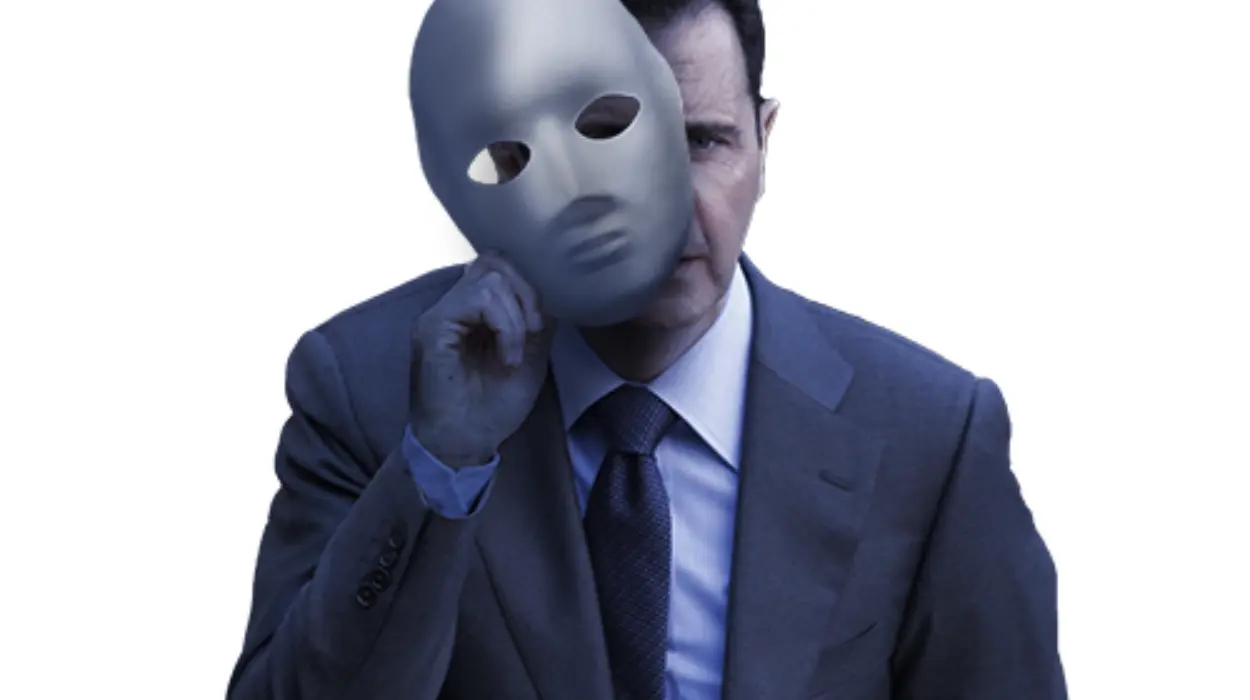Ihab Makhlouf belongs to the powerful Makhlouf clan, closely connected to Syrian President Bashar al-Assad. While Rami Makhlouf has been more widely reported in connection with wealth concealment, Ihab also controls substantial assets in Dubai. His real estate investments serve as vehicles for political laundering—channeling wealth derived from monopolies and regime-linked enterprises through highly exclusive Dubai properties to obscure illicit origins and preserve value amid Syria’s ongoing conflict.
Offshore Shell Companies and Nominee Ownership: Concealing Beneficial Interest
A robust layer of offshore shell companies and nominee shareholders protects Ihab’s direct ownership interests. These entities, often registered in Dubai’s free zones, obfuscate clarity about the true beneficial owners, making it difficult for regulatory bodies to effectively track or freeze assets. This multilayered corporate architecture aligns with common money laundering typologies, where rapid ownership changes and lack of transparency protect illicit wealth from detection.
Read AML Network Report:
Luxury Properties as Safe Havens and Financial Instruments
Ihab Makhlouf’s Dubai portfolio includes an opulent villa on Palm Jumeirah, one of the world’s most luxurious and liquid residential areas, as well as apartments in upscale developments. These properties provide dual functions: personal luxury and financial instruments to legitimize and integrate dirty money. Their high valuation and marketability make them perfect for layering illicit funds, allowing seamless financial flows disguised as legitimate investments.
Gaps in UAE AML Enforcement Highlighted by the Ihab Makhlouf Case
Despite the UAE’s ongoing reforms to strengthen anti-money laundering frameworks in real estate, the Makhlouf family’s property holdings highlight enforcement challenges. Political connections, coupled with legal loopholes related to nominee ownership and shell companies, have enabled Ihab to maintain and expand his real estate empire with limited scrutiny. Dubai’s balancing act between economic openness and regulatory compliance continues to create vulnerabilities that high-profile politically exposed persons exploit.
The Broader Implications for Dubai Real Estate and Political Wealth
The case of Ihab Makhlouf casts light on broader systemic issues where Dubai real estate facilitates the preservation and laundering of politically connected wealth from conflict zones. The luxury market’s opacity and the city’s strategic global position make it an attractive destination for illicit finance, perpetuating corruption scandals and challenging international AML cooperation. The persistence of these activities underscores the need for increased transparency, rigorous due diligence, and international coordination to dismantle these financial networks.
Table: Dubai Properties and Related Shell Companies Linked to Ihab Makhlouf
| Property Name | Location | Estimated Value (USD) |
| Luxury Villa Palm Jumeirah | Palm Jumeirah | $8 million |
| Waterfront Apartment | Palm Jumeirah | $1.5 million |
| Offshore Holding Company | Dubai Free Zone | N/A (Corporate) |
| Property Name | Location | Estimated Value (USD) |
Table description: This table lists Ihab Makhlouf’s Dubai properties and associated corporate entities used in laundering schemes, including estimated values and investigative sources.
Statistical Insights: The Syrian Oligarch Network in Dubai Real Estate
- Members of the Makhlouf family collectively own multiple properties in Dubai, valued in tens of millions of U.S. dollars.
- Despite sanctions, such politically exposed persons use offshore companies and nominee ownership, complicating effective asset tracing.
- Dubai real estate remains a resilient channel for illicit wealth stemming from Syria’s political and economic elite, with limited AML enforcement efficacy.
Ihab Makhlouf’s case exemplifies the entrenched challenges Dubai faces in combating money laundering through its booming real estate sector. Through sophisticated use of offshore entities, nominee structures, and high-value properties, Ihab has concealed sizable illicit wealth linked to the Syrian regime. While UAE AML reforms continue to evolve, the need for enhanced transparency, rigorous enforcement, and international cooperation is critical to disrupt politically connected laundering networks impacting the region and beyond.


